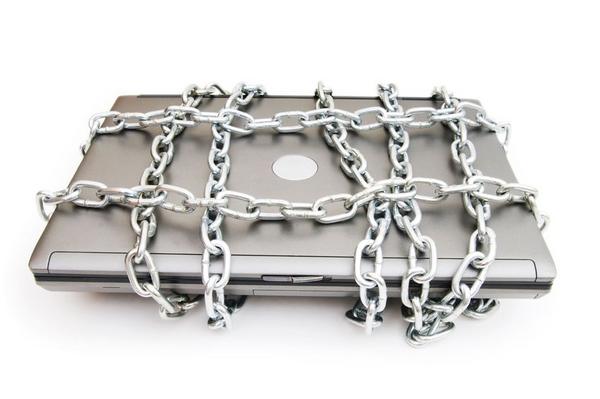This second installment of our three-part series on identity theft explores some of the risks and several of the steps you can take.
The effects of identity theft
Cyber security experts say that criminals will use anything they can find to build a personal profile of a victim. A detail as simple as having your birthdate on a public Facebook page can give online hackers a good start on stealing your identity or compromising one of your financial accounts.
The effects of identity theft can be very far-reaching, and take years to resolve. Once a thief has control of your identity, he or she can use your name to make large purchases, open credit accounts, get jobs and even file false federal or state tax returns. Of immediate concern, your bank accounts can be thoroughly emptied.
With so much at stake, it’s worth the time it takes to close gaps in identity security and adopt new habits that help protect you.
What you can do to improve your security online
A safer online profile starts with knowing the signs that identity theft may be happening to you. These include getting credit cards that you didn’t apply for, receiving calls from debt collectors on debt you didn’t incur, being denied credit when you know you have a good credit rating, and missing bills that you know you should be receiving. If any of these things happen to you, don’t wait to begin working to resolve them.
Even if you haven’t seen any indicators that your identity is being compromised, start today to make your online presence safer:
Use credit and debit cards with caution: The fewer credit card numbers you use online, the less chance there will be of one of them being accessed. Better yet, limit yourself to just one credit card that you use on the Internet and monitor it frequently. Avoid using debit cards, since they are a direct line to your bank account.
Be smarter about passwords: Criminals know that most people use easy-to-remember passwords, such as “123456” and even “password.” Not only should you avoid passwords such as these, you should not use pets’ names, the names of streets where you’ve lived or other words that provide information about you. Don’t use the same password across multiple websites, and change your passwords frequently.
Never supply your Social Security Number online: Your Social Security Number is one of the most valuable pieces of information about you when it comes to identity fraud. It can be used for everything from applying for credit in your name to actually assuming your identity. If a website asks for your number, find another way to accomplish the task for which you’re using the site.
Keep public surfing private: The wi-fi networks available in airports, hotels, libraries, coffee shops and other places are convenient, but they are almost always unsecure. That means that the information you send on one of these networks may be accessible to others. Make sure you’re using a secure, fully encrypted site if you’re using a public network to send information. Look for “https” at the beginning of the web address, and make sure it’s on every page of the site.
Keep your web browser up to date: Web browsers continue to offer better security and encryption to help keep your information safe. Make sure you always have the latest version of your favorite browsers to take advantage of increased security measures.
Gain peace of mind with our Identity Defender™
At the very least, identity fraud can be inconvenient. At worst, it can lead to losing your home, having to file for bankruptcy or losing out on an important job. To help our legal benefits plan members quickly and effectively deal with identity fraud, we provide an enhancement to our comprehensive legal insurance plans. Learn more about the identity theft coverage our Identity Defender™ provides.

